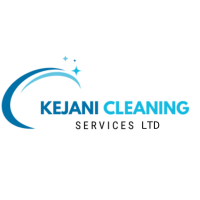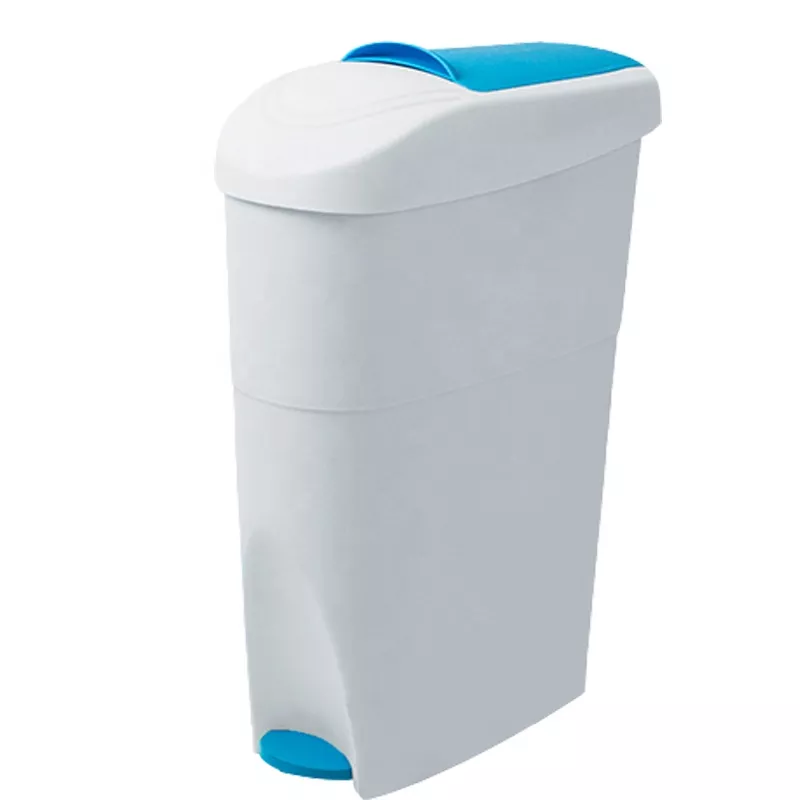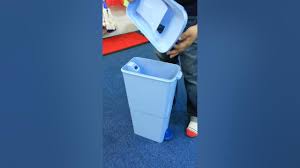Introduction:
Sanitary bins are essential in public restrooms to promote hygiene and prevent the spread of infection and disease. However, improper disposal of sanitary waste can pose significant health risks and environmental hazards. The Kenyan government has set regulations to ensure the proper disposal of sanitary waste and protect public health and the environment
Overview of Sanitary Bins Disposal Regulations in Kenya:
Sanitary bins are containers used to dispose of feminine hygiene products and other sanitary waste in public restrooms. Improper disposal of sanitary waste can lead to the spread of infections and diseases, posing significant health risks to the public. To ensure proper disposal of sanitary waste, the Kenyan government has set regulations that require property owners and managers, sanitary bin service providers, and waste management companies to follow specific guidelines.
Requirements for Proper Sanitary Bin Disposal in Kenya:
Proper labeling of sanitary bins, regular servicing, use of appropriate bin liners, and proper disposal of sanitary waste are the requirements for proper sanitary bin disposal in Kenya. Sanitary bins must be labeled clearly and placed in designated areas, and they should be serviced regularly to prevent overflow. The use of appropriate bin liners is essential to prevent the release of hazardous waste into the environment. Proper disposal of sanitary waste involves sealing and labeling the waste before it is transported to an authorized waste management facility.
Penalties for Non-compliance with Sanitary Bin Disposal Regulations:
Non-compliance with sanitary bin disposal regulations can lead to penalties such as fines, suspension of licenses, and even imprisonment, depending on the severity of the violation. Property owners, managers, sanitary bin service providers, and waste management companies should comply with the regulations to avoid penalties and contribute to public health and the environment’s protection.
Best Practices for Proper Sanitary Bin Disposal:
Proper labeling of sanitary bins, regular servicing, use of appropriate bin liners, and proper disposal of sanitary waste are the best practices for proper sanitary bin disposal. Property owners, managers, and service providers should follow these guidelines to ensure proper disposal of sanitary waste and promote good hygiene and sanitation practices.
Increasing Awareness and Education on Proper Sanitary Bin Disposal:
Awareness and education on proper sanitary bin disposal can be increased through public education campaigns, training of stakeholders, and incorporation of proper sanitary bin disposal practices into public health and sanitation policies. It is essential to promote good hygiene and sanitation practices to prevent the spread of infections and diseases and protect public health and the environment.
Benefits of Proper Sanitary Bin Disposal:
Proper sanitary bin disposal promotes good hygiene and sanitation practices, reduces the risk of infection and disease transmission, and protects the environment by preventing the release of hazardous waste into the environment. Property owners, managers, and service providers who follow the regulations and best practices for proper sanitary bin disposal contribute to public health and the environment’s protection.
FAQs:
- What are sanitary bins?
Sanitary bins are containers used to dispose of feminine hygiene products and other sanitary waste in public restrooms. - Why is proper sanitary bin disposal important?
Proper sanitary bin disposal is important to prevent the spread of infections and diseases, promote good hygiene and sanitation practices, and protect public health and the environment. - What are the requirements for proper sanitary bin disposal in Kenya?
The requirements for proper sanitary bin disposal in Kenya include proper labeling of sanitary bins, regular servicing, use of appropriate bin liners, and proper disposal of sanitary waste. - What are the penalties for non-compliance with sanitary bin disposal regulations in Kenya?
Non-compliance with sanitary bin disposal regulations in Kenya can lead to penalties such as fines, suspension of licenses, and even imprisonment, depending on the severity of the violation. - How can awareness and education on proper sanitary bin disposal be increased in Kenya?
Awareness and education on proper sanitary bin disposal can be increased through public education campaigns, training of stakeholders, and incorporation of proper sanitary bin disposal practices into public health and sanitation policies.
- Can individuals dispose of sanitary waste in their household waste bins?
No, it is recommended that individuals dispose of sanitary waste in designated sanitary bins, as improper disposal can cause blockages in the sewage system and pose health risks. - How often should sanitary bins be serviced?
Sanitary bins should be serviced at least once a week, but the frequency of servicing may vary depending on the usage and number of users. - What should be done in case of a sanitary bin overflow?
If a sanitary bin overflows, it should be immediately reported to the appropriate service provider or waste management company for proper disposal and cleaning. - Are there any alternatives to traditional sanitary bins?
Yes, there are eco-friendly alternatives to traditional sanitary bins, such as menstrual cups and reusable cloth pads, that can reduce waste and promote sustainability. - How can businesses ensure compliance with sanitary bin disposal regulations?
Businesses can ensure compliance with sanitary bin disposal regulations by working with licensed waste management companies, providing proper training to their staff, and regularly checking and maintaining their sanitary bin systems.
- Are there any specific regulations for the disposal of sanitary waste in healthcare facilities?
Yes, healthcare facilities are required to follow additional regulations for the disposal of sanitary waste, as the waste may contain hazardous materials. These regulations include proper labeling, packaging, and disposal of waste. - Can sanitary waste be recycled?
No, sanitary waste cannot be recycled due to the risk of infection and contamination. - Are there any additional benefits to proper sanitary bin disposal?
Proper sanitary bin disposal can also contribute to a more pleasant and hygienic restroom experience for users, which can improve overall customer satisfaction and public image. - How can individuals promote proper sanitary bin disposal in their communities?
Individuals can promote proper sanitary bin disposal by advocating for the installation of proper sanitary bin systems in public restrooms, encouraging businesses and organizations to follow regulations and best practices, and educating others on the importance of proper sanitary bin disposal. - What can be done to address the issue of inadequate access to proper sanitary waste disposal in low-income areas?
Efforts can be made to provide affordable and accessible sanitary waste disposal options in low-income areas, such as community-led initiatives, government subsidies, and partnerships with waste management companies. Increasing awareness and education on proper sanitary waste disposal can also empower individuals to demand better facilities and services in their communities.
Conclusion:
Proper disposal of sanitary waste is crucial for maintaining public health and preventing environmental contamination. In Kenya, there are regulations in place to ensure that businesses and organizations properly dispose of their sanitary waste through licensed waste management companies. However, there is still a need for increased access to proper sanitary waste disposal options in low-income areas and for education and awareness on the importance of proper disposal practices.
Individuals can also take steps to promote proper sanitary waste disposal, such as advocating for better facilities and services in their communities, using eco-friendly alternatives to traditional sanitary products, and reporting any issues with sanitary waste disposal to the appropriate authorities.
By following proper sanitary waste disposal regulations and best practices, we can ensure a cleaner and healthier environment for everyone.
Related Posts
The Benefits of Using Sanitary Bins for Sustainable Waste Management
The Importance of Sanitary Bins in Commercial Bathrooms: A Guide for Business Owners
The Benefits of Regular Sanitary Bin Maintenance in Kenya





0 Comments